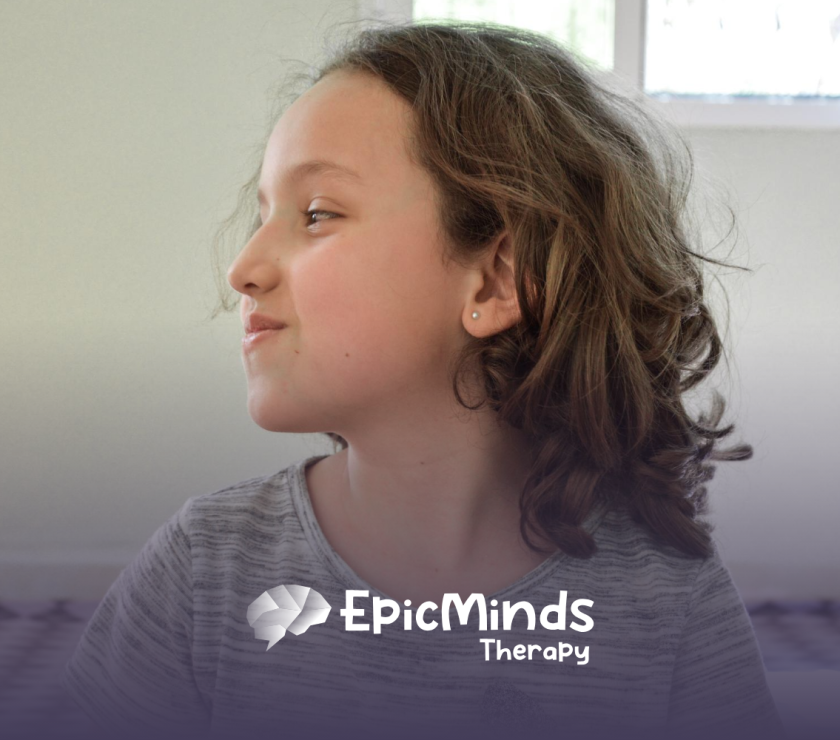Independence looks different for every individual, and this includes people on the autism spectrum. While some autistic individuals may require daily support, many can learn to care for themselves and live independently with proper guidance and practice.
Developing self-care skills—like hygiene, meal preparation, or managing time—can sometimes be challenging due to sensory sensitivities or difficulties with planning and organization. However, these challenges can be overcome through structure, consistency, and patient teaching.
Parents and caregivers can start by breaking tasks into smaller, clear steps. Using visual aids, checklists, and predictable routines helps make daily habits easier to remember and complete. Encouraging progress, no matter how small, builds confidence and motivation.
ABA therapy supports these goals by teaching practical life skills, promoting emotional regulation, and helping individuals build the confidence to manage everyday routines independently.
At Epic Minds Therapy, we believe every person deserves the chance to live a fulfilling, self-sufficient life. With personalized ABA support, we help individuals strengthen their independence and achieve success at their own pace.
Frequently Asked Questions
1. Can autistic people live independently and manage self-care?
Yes. Many autistic individuals can live independently with the right tools, training, and support systems in place.
2. What self-care skills might be challenging?
Tasks like personal hygiene, cooking, budgeting, or organizing can be harder due to sensory or executive functioning differences.
3. How can families support independence?
Start early, use structured routines, and teach self-care through step-by-step guidance and positive reinforcement.
4. Can ABA therapy help build independence?
Yes. ABA therapy helps develop practical life skills, emotional regulation, and problem-solving to foster independence.
5. Does every autistic person need support for life?
Not necessarily. Support needs vary—some individuals live independently, while others benefit from ongoing assistance.





